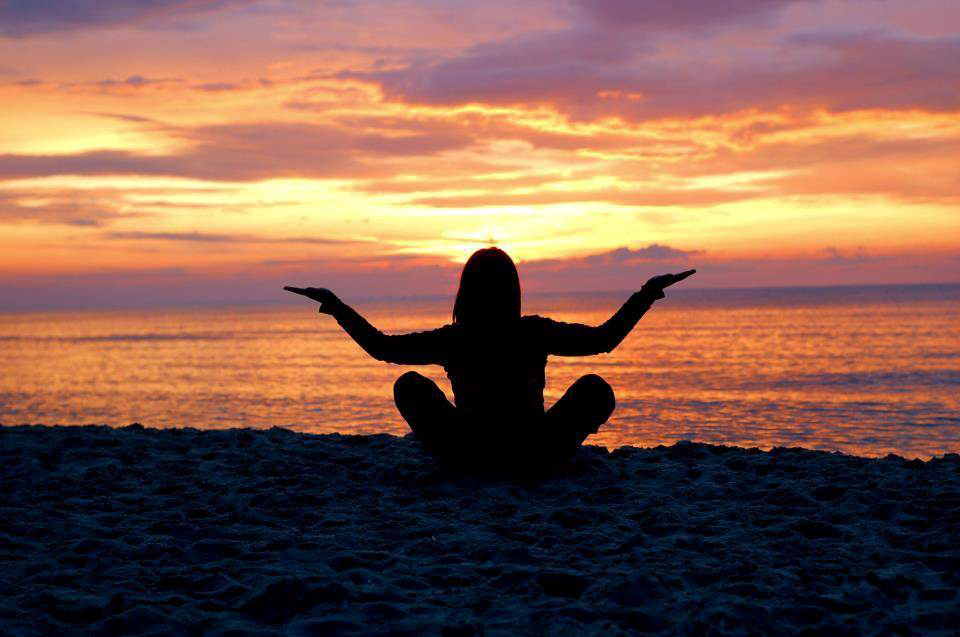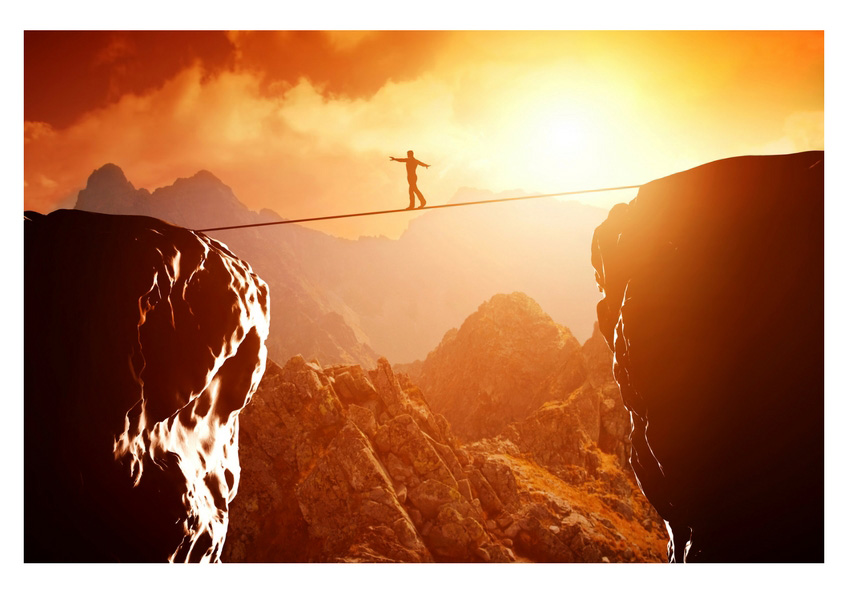
What is meant by “consciousness” and why would we want to transform it?
Consciousness isn’t just our thoughts. It doesn’t just arise from the cognitive processes occurring mechanically in our brains. Consciousness includes our gut feelings, our emotions, our beliefs. It’s difficult to define like it is difficult to define the law of gravity, yet we know it exists.
Consciousness is your own INTERNAL REALITY. It includes:
- Self-awareness
- Your relationships to:
- The environment
- The people in your life
- Your worldview (how you experience the world)
We exist in a context, not in a void or a bubble. Context gives a framework of meaning that leads then to how we perceive and interpret the world. We view the world through the lens of our particular worldview.
Having a worldview is a model of reality that we can get pretty attached to. We see it as the “truth”. It informs our opinions of what is important and real, even when evidence to the contrary is presented. We cannot see, we cannot perceive anything that is beyond what our worldview contains.
Some aspects of our lives up until now may not really fit in with our vision of the future, but our ego in its effort to protect us resists our desire for change. We don’t start out with a fully developed plan for what we believe is our purpose, complete with a strategic plan for how we can accomplish it. Instead, we grow through the process of discovery, using our creativity and determination to make our way one step at a time. Our intuition helps us with the vision of what we desire, but achieving that vision may seem daunting at times. ¹
Our perception of reality colors our reactions and actions every moment of every day. We are probably operating with a worldview that is unconscious, so how can we become aware and alert to the possibility of transformation? That requires us to focus our inner attention on finding transformations that we have already experienced, but which we may not be consciously aware of.
Reflect on the following questions to gain some insight:
- Looking back over your life, can you find pivotal moments that broadened your perspective?
- Have there been times in your life that you identify as turning points — moments after which you saw the world in a more open and generous way?
- Have you ever felt connected to something greater than yourself, and in that connection felt self-centeredness slip away?
- Or have you noticed a more gradual process, where over a period of months or years you changed the way you viewed yourself and world around you?
As you reflect on those questions, jot down whatever comes up for you. Trust your inner self as it draws your attention to relevant, meaningful experiences of transformation. Don’t censor or analyze your reflection; just let them flow as they come to mind.
The transformation of consciousness is often done gradually – one step at a time. We have to trust that the next step will become apparent as we progress in the direction of our dreams. It’s important for us to remember and trust the sincerity of our intention, as we do our best.
The in-between stage can be uncomfortable. It’s a bit like being in limbo and has been referred to as “the gap” or “the neutral zone”. The process of navigating the gap does not necessarily lead us in one direction. We zigzag, we go forwards and then backwards, we have to retrace our steps to find where we took the wrong “fork in the road” and begin again.
There are tools that can assist us during the in-between stage, including:
- Spiritual practices, such as meditation and prayer
- Movement-based practices, such as yoga and qigong
- Hiking in nature
- Working on something creative, like painting or music
- Daily journaling
- Creating community with others who share your emerging vision and values
- Working with a life coach or counselor specializing in transformation
- Participating in local service projects
We can’t move forward without letting go of parts of ourselves that keep us bound to the past. Many people find that conducting a ceremony can help with the transition.
Should you have comments or questions, please post them below.
¹ From the book, Living Deeply: The Art and Science of Transformation in Everyday Life
If you have not yet subscribed to the e-newsletter for Authentic Living, you can do so here:
Authentic Living Newsletter Subscription

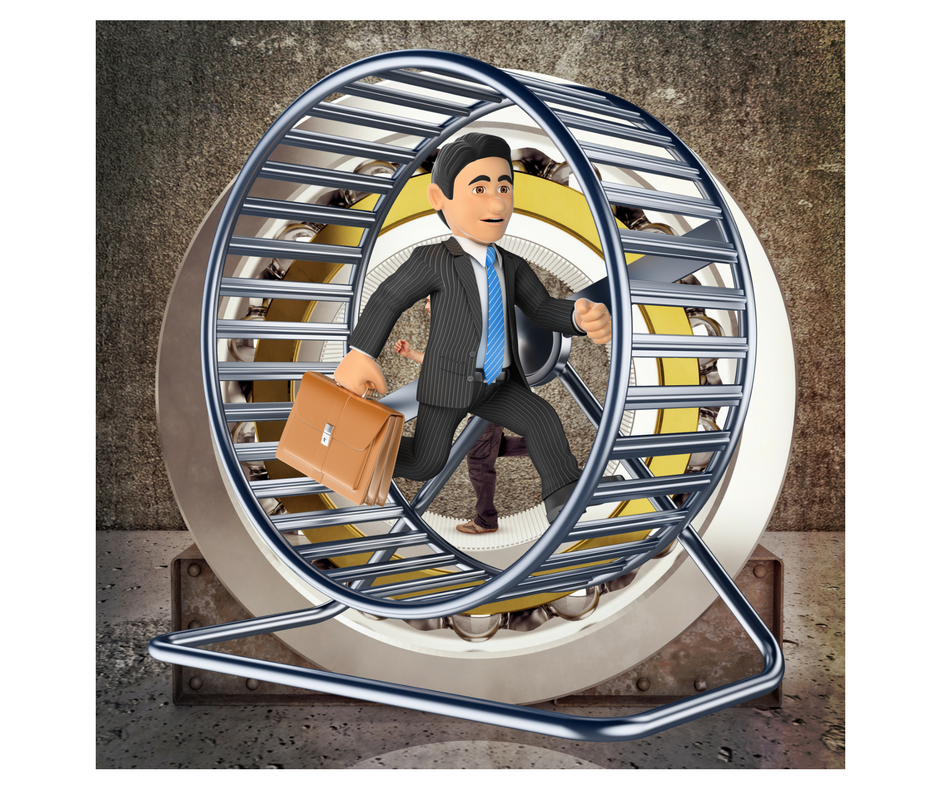
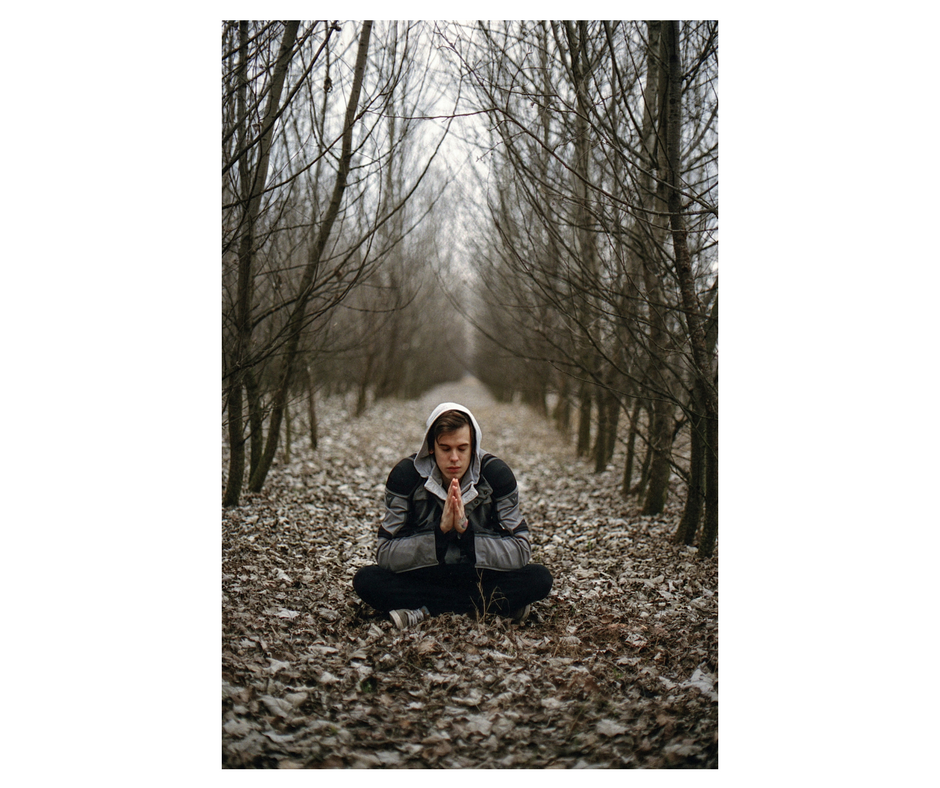
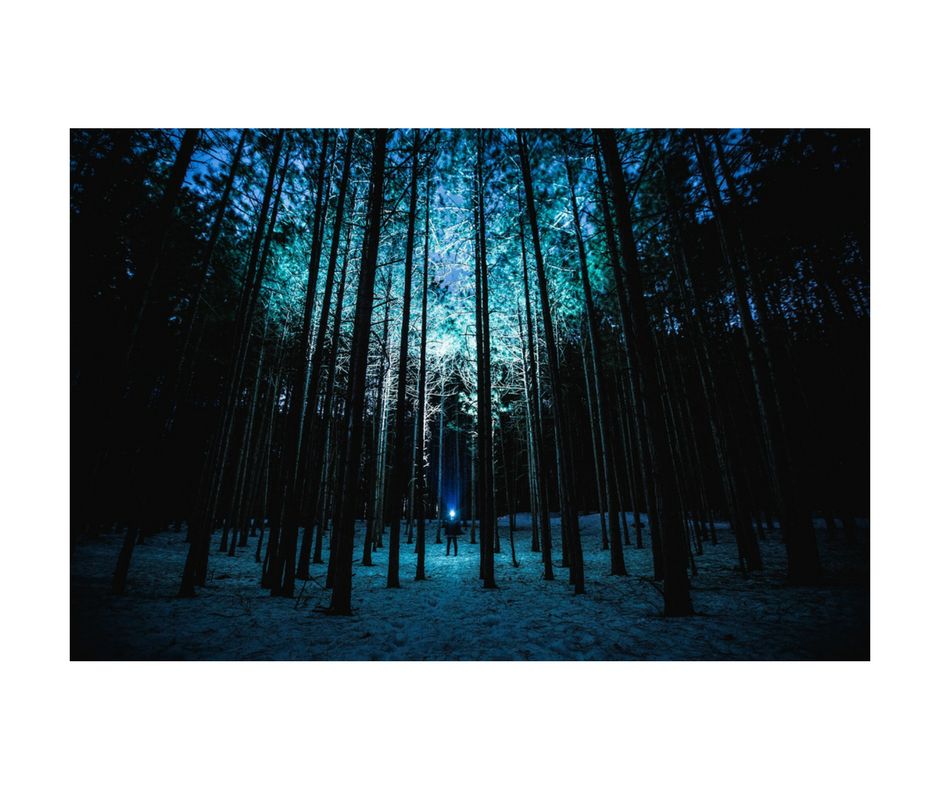
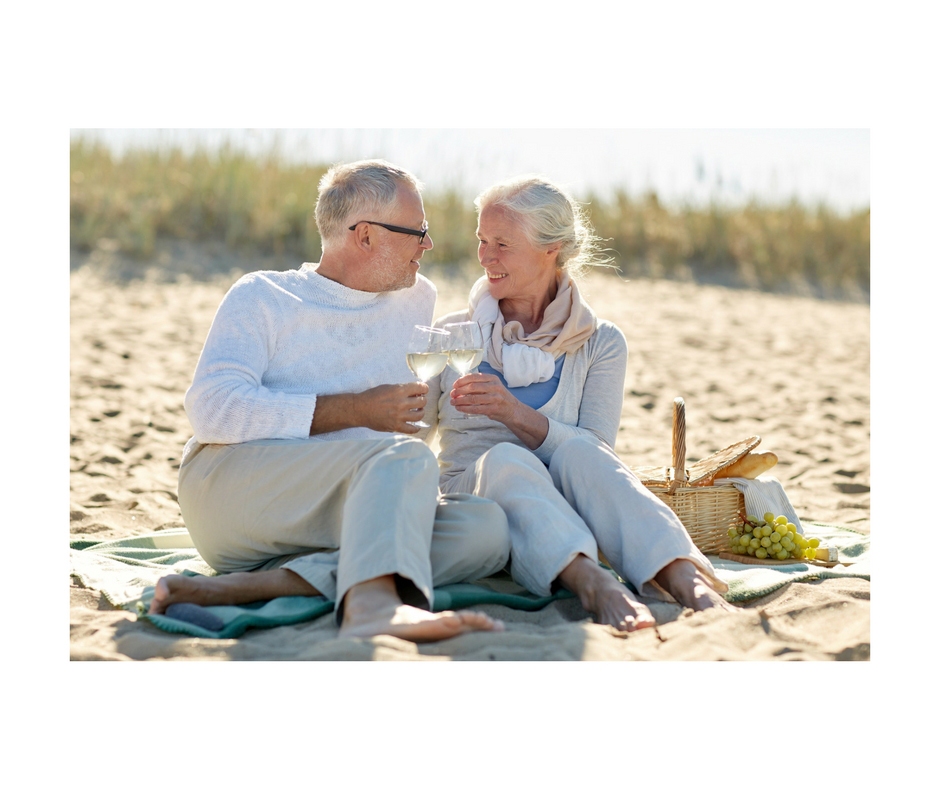


 A
A

